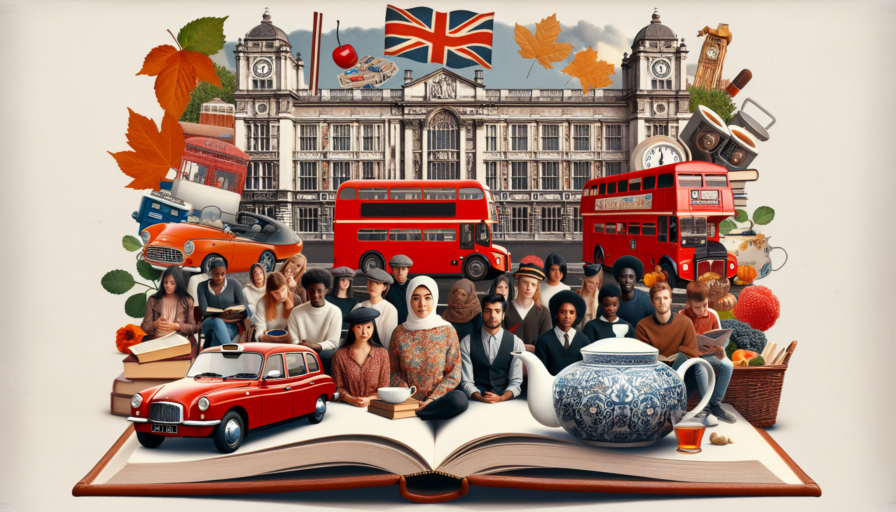
Contents
As international students at Britannia School, it’s essential for us to recognize and appreciate the nuances of British etiquette. Understanding these key cultural norms not only enhances our social interactions but also helps us integrate more smoothly into British society. Here’s a brief overview of some fundamental aspects we should keep in mind:
Moreover, when engaging in conversations, it’s important for us to be aware of the topics that are deemed appropriate. Discussions around politics, money, and religion can sometimes be sensitive subjects, and it’s wise to approach them with caution. By embracing these key aspects of British etiquette, we can foster better relationships and create a more enriching experience during our time here.
At Britannia School, we understand that communicating effectively in the UK requires a keen awareness of language nuances. This goes far beyond simply mastering vocabulary and grammar; it involves adapting our language to fit various contexts, cultures, and audiences throughout the UK. Emphasizing subtleties such as tone, formality, and regional dialects can significantly enhance our interactions.
When we aim to communicate effectively in the UK, it’s crucial to recognize the following aspects of language nuances:
By embracing these language nuances, we can significantly improve our ability to communicate effectively in the UK. Whether we’re engaging with peers, building professional relationships, or connecting with the community, these skills enable us to convey our messages with clarity and respect. Developing an appreciation for the subtleties of language not only enhances our communication but also deepens our connection with the rich and diverse culture of the UK.
Understanding the intricate social hierarchies in British relationships is essential for anyone looking to integrate into British society. The British social structure is nuanced, shaped by tradition, geography, and collective behaviors that influence how we interact with one another. We often observe a blend of informality and respect, which can sometimes confuse those unfamiliar with the subtleties.
In every social setting, we can identify various elements that dictate our interactions. Some key factors include:
As we navigate these social hierarchies, it’s vital to recognize that group dynamics also play a crucial role. We often find that our interactions can be influenced by non-verbal cues, shared experiences, and cultural norms. Aligning ourselves with these dynamics helps us form genuine connections and understand how to behave appropriately within various social circles. Recognizing these patterns allows us to seamlessly blend into the rich tapestry of British relationships.
At Britannia School, we embrace the unique educational culture in the UK, which plays a significant role in shaping classroom dynamics and expectations. Understanding these cultural elements is vital for both students and educators alike. In the UK, classrooms are often characterized by a collaborative learning environment that promotes discussion and participation. Here are some key features of classroom expectations:
The teaching styles found within the educational culture in the UK also reflect a balance between traditional instruction and modern pedagogical approaches. We often utilize methods such as:
In this rich educational culture in the UK, a blend of structured yet flexible teaching methods creates an engaging learning environment. At Britannia School, we are dedicated to maintaining these practices to ensure that students thrive academically and socially.
At Britannia School, we understand that studying in the UK is not only about academics but also about immersing ourselves in the rich tapestry of cultural events and traditions. Engaging with these celebrations allows us to connect deeper with our surroundings and build lasting memories. From historical festivals to contemporary celebrations, there are numerous opportunities throughout the year that showcase the diversity and vibrancy of UK culture.
One of the most exciting aspects of our journey is participating in major UK celebrations that highlight the cultural heritage of various communities. Some of these include:
By actively engaging in these celebrations, we not only learn about different customs but also enjoy a unique platform to meet people from various backgrounds. It enriches our study experience, helping us appreciate diversity, foster friendships, and deepen our understanding of the world around us. Embracing these traditions allows us to experience the heartbeat of the UK, making our time at Britannia School truly unforgettable.